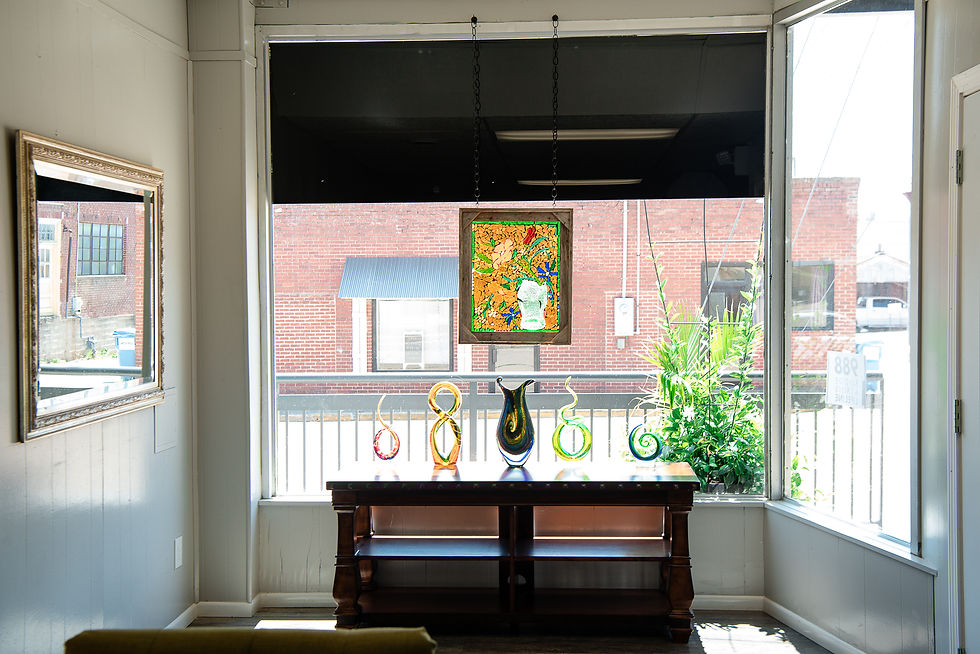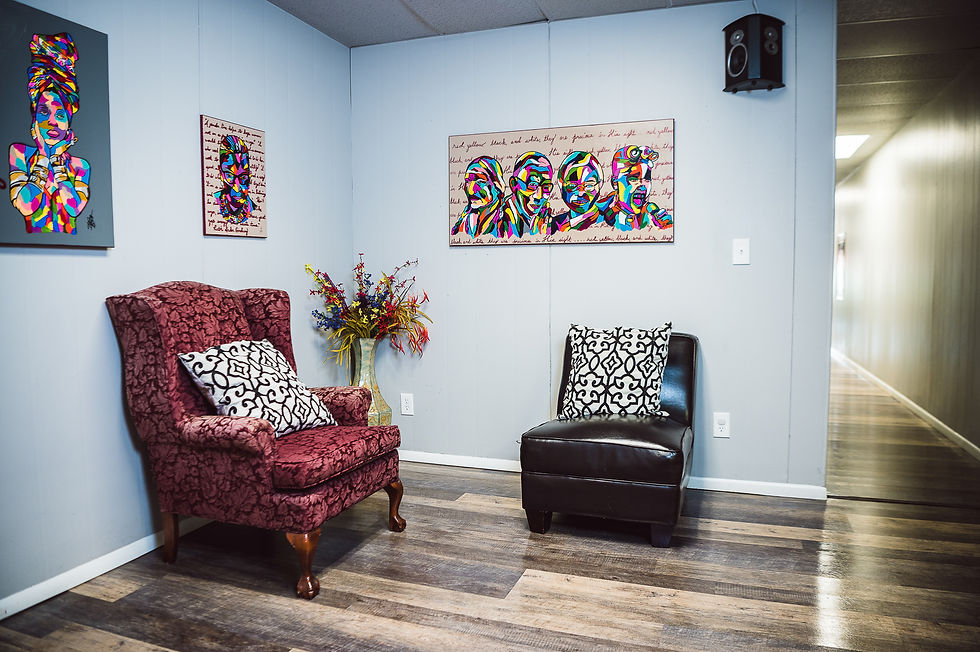
What to Know
Insurances We Accept

Why Therapy?
Asking, “Why go to therapy?” is like asking “Why eat healthy?” or “Why sleep well?”. We go to therapy because it’s good for us. It helps us process emotions, thoughts, and feelings. It helps us feel connected and develop a plan. It also helps us manage things more easily than if we managed them alone.
Pricing without Insurance
$200
Psychological Evaluation
1 Hour Intake
$150
Individual Therapy
Hour Session
$150
Couples Therapy
Hour Session
$150
Group Therapy
Hour Session
What to expect from your first few therapy sessions
Every therapeutic relationship is unique. How you and your therapist operate is up to you, but there are a few things that are relatively universal.
What we mean by this is don’t be surprised if you feel embarrassed or awkward, or if you laugh or cry. We all have different responses to therapy. It’s not uncommon to burst into tears with relief, just having someone you can be fully honest with. Therapy is the perfect place to feel your feelings, so just go with it.
You’ll likely use your first session to get to know each other, but also to cover the basics: how often you’ll see each other, how long you’d like to see a therapist if that’s something on your mind, what you should expect from the next session, and how payment is processed. Think of your first session as an orientation to therapy.
If you plan to see your therapist again, be prepared for the next session. This doesn’t mean studying or homework, but it can be helpful between sessions to think about what you talked about and how it applies to your life. It can also be helpful to write down things that happen or emotions you felt so you can remember them in your next session.
It’s common to think all therapy is just about talking it out, but you’ll actually learn useful strategies, skills, and techniques to use in the real world. Don’t be afraid to ask your therapist to explain concepts again or to take notes about helpful techniques. These are things you want to be able to remember, so it’s OK to treat them as such!
If you’re uncomfortable with the direction your therapy is going, or with your therapist, it’s OK to ask questions, to share your opinion, and even to find a different therapist. Before you change therapists though, remember that therapy is often uncomfortable. Your therapist will challenge you so you can grow. If that’s what you’re experiencing, share that feeling with your therapist.
It’s OK to change your mind
It’s not just talk
Therapy isn’t over when the session is over
Talk about your plan
You’re going to feel feelings

Licensed Professionals
Now, you might think, “but I have friends/family who do that.” The value of seeing a professional is that they are an objective source that is “not in your life.” Talking to a person who is not personally connected to you or the situation can help you get perspective. In addition, because you don’t interact with your therapist on a daily basis, it may be easier to open up to them.
There are some things that our friends and family aren’t equipped to help us with, despite their best intentions and love. Someone with a professional background is better suited to help us deal with trauma, anxiety, depression, and recovery. Even if you have the best, most accepting friends in the world, talking to a therapist is different.